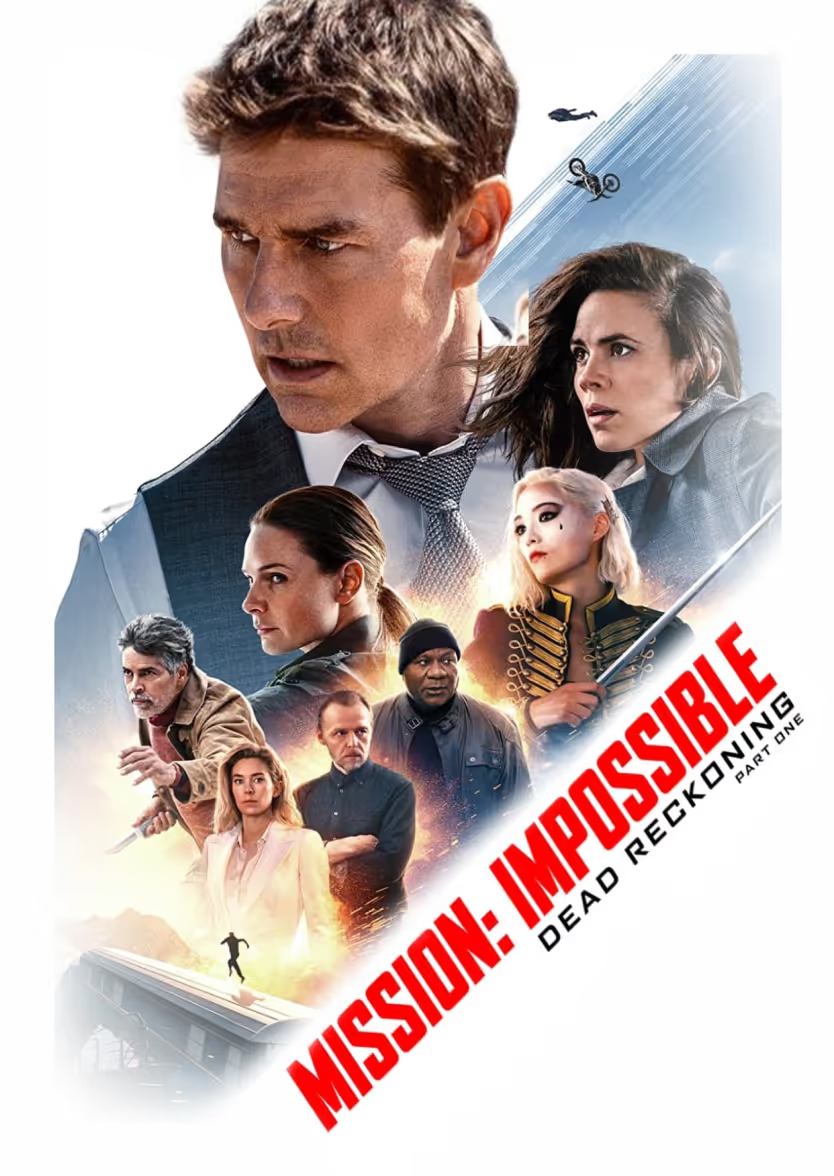In the last decade, you might have heard notable film directors like Christopher Nolan and Martin Scorsese talking about film preservation, and how important it is to assure that any given movie will continue to exist as close as possible to its original form. It’s a matter of cultural and historical significance, and these high-profile figures are using their cache to further the conversation.
Many of those professionals in the gaming industry are hoping that a similar idea starts to gain steam in the gaming community. After all, many of us are still playing decades-old games, and even more would like to relive our childhood by playing classics that are nowhere to be found. For example, the PS2 game RAD: Robot Alchemic Drive isn’t considered a classic by any means, but it’s nonetheless a well-loved game with a bit of a cult following. Currently, the only way to play it (if you don’t own it) is to shell out $200 on eBay for a sealed copy. This raises three essential questions:
- Why?
- What do PlayStation and RAD’s copyright owners have to lose by making the game available to anyone who wants to play it?
- When are we going to start taking care of the systems that make preservation possible?
In an interview with Axios, Microsoft’s vice president of gaming Phil Spencer said, “I think we can learn from the history of how we got here through the creative (…) I love it in music. I love it in movies and TV, and there are positive reasons for gaming to want to follow.”
The truth is that many games remain locked to older hardware standards, including consoles that are no longer supported. Stunningly, video games remain the only medium that makes it incredibly hard to actively engage with its history–an issue that worsens every year with the release of new games and hardware. There is no good excuse as to why it’s virtually impossible to enjoy so many games and consoles that are a decade old, when it’s not difficult to find, for example, an entire catalog of films that are over 50 years old.
Microsoft’s solution? Software emulation. This means having modern hardware simulating the functions and capabilities of older hardware that allow gamers to run game files and executables. The good news is that Spencer is putting his money where his mouth is–partially at least since Microsoft’s Xbox Series and Xbox One run huge libraries of older Xbox 360 and original Xbox games using this technique. Nintendo also offers a similar solution for Nintendo Switch Online subscribers. For $20/year, gamers can play select NES and SNES titles, including Super Mario Bros. and Zelda II: The Adventure of Link.
But this isn’t a one size fits all type of solution. While emulators are commonly used by fans, preservationists, and—yes, pirates, there is no consistent use by the industry at large. To complicate matters further, most games run into copyright issues, since developers don’t support marketplaces for older gaming executables. For instance, anyone is able to download an emulator that allows them to play old Nintendo games, but the company itself isn’t selling it, which puts the whole process in a moral gray area. For emulation to really be a long-term solution to video game preservation, it’ll require rights holders to buy in and offer consistent support throughout time to make sure gamers have access to whatever games they want to play, whenever they want to play them.
One of the most talked-about concerns with emulators is piracy, but it’s hard to argue in favor of that theory. After all, we’re talking about games that are ten plus years or older and with little interest to the paying base at large.
Furthermore, piracy tends to focus on the most recent and popular games, not old properties aimed at people who probably already bought the game when it initially came out. A couple of years ago, in the midst of a legal battle between Nintendo and ROM sites, the founder of the Video Game History Foundation, Frank Cifaldi, tweeted, "There is no alternative BUT piracy for, like, 99 percent of video game history" due to "the completely abysmal job the video game industry has done keeping its games available." Furthermore, a study by the European Union concluded that piracy doesn’t hurt game sales, and in fact may actually help them. Of course, we’re not advocating for piracy in any way, just debunking the idea that it’s a problem when it comes to preservation.
Currently, the only entity that has managed to find a legal loophole and operate in a legitimate way is Console Classix. Founded in 2001 by Aaron Ethridge, this website offers access to thousands of emulated games from the Atari 2600 and ColecoVision era all the way through Nintendo 64 and Game Boy Advance. Gamers can play a limited choice of titles for free or pay $6/month ($60/year) for full access.
While many argue that emulators are the best path forward, there are other efforts worth considering, including archiving development source code and art assets, digital copies of video games, maintenance, and preservation of specialized video game hardware such as arcade games and video game consoles.
Either way, more than worrying about piracy or thinking about it in capitalistic terms, video game preservation has one main focus: preserving art. We’re talking about the work of highly skilled artists, writers, coders, and developers who greatly contributed to the evolution of the medium and changed how many gamers perceive the industry, and its own realm of possibilities.
It’s worth highlighting that there are several foundations across the world accepting help and donations and who are invested in collaborating with gaming companies to preserve the history. One of them is the Video Game History Foundation, which finds and preserves endangered materials. Another one is the Game Preservation Society, which is dedicated to 1980s Japanese computer games for platforms like the PC-88 and Sharp X1. Despite the efforts, the society's president, Joseph Redon, estimates that they will only be able to preserve about 80% of games, which ultimately shows that video game preservation can only succeed in the long term if it’s a large, widespread group effort.
Create together remotely, in real time
















.avif)









.avif)


.avif)